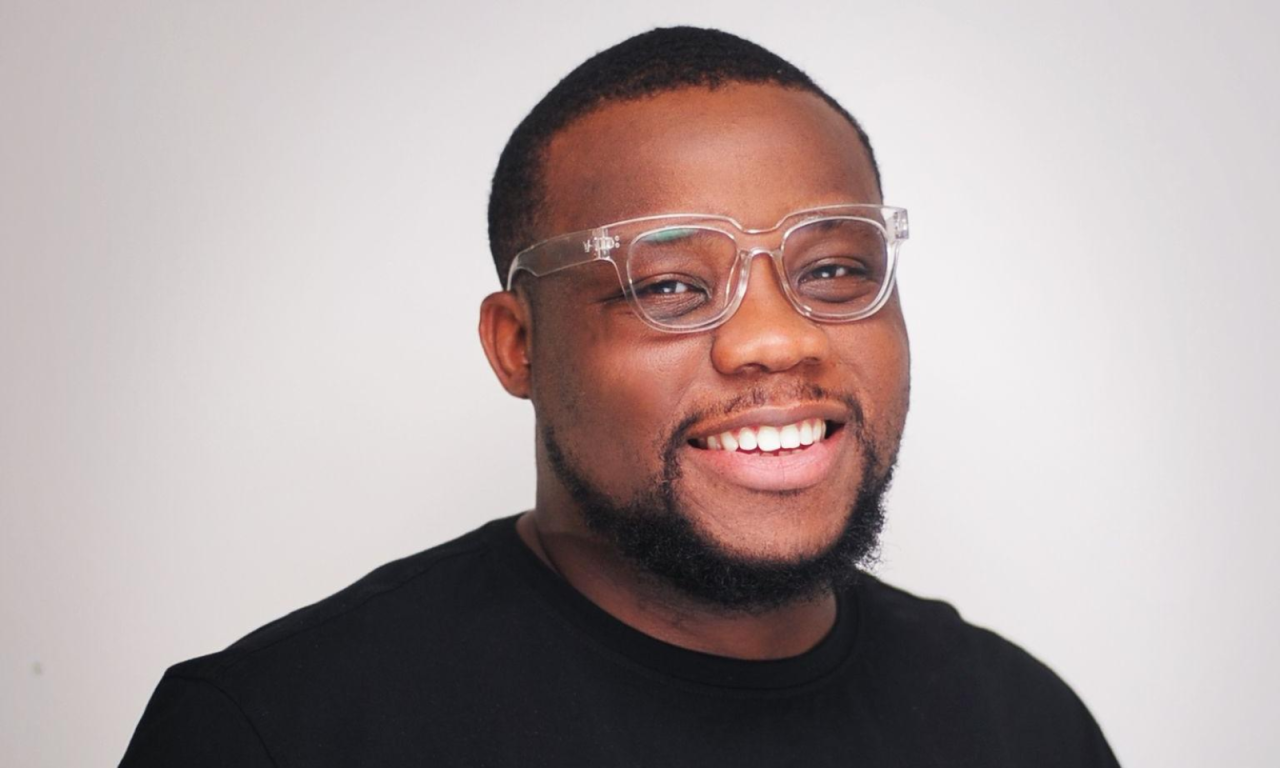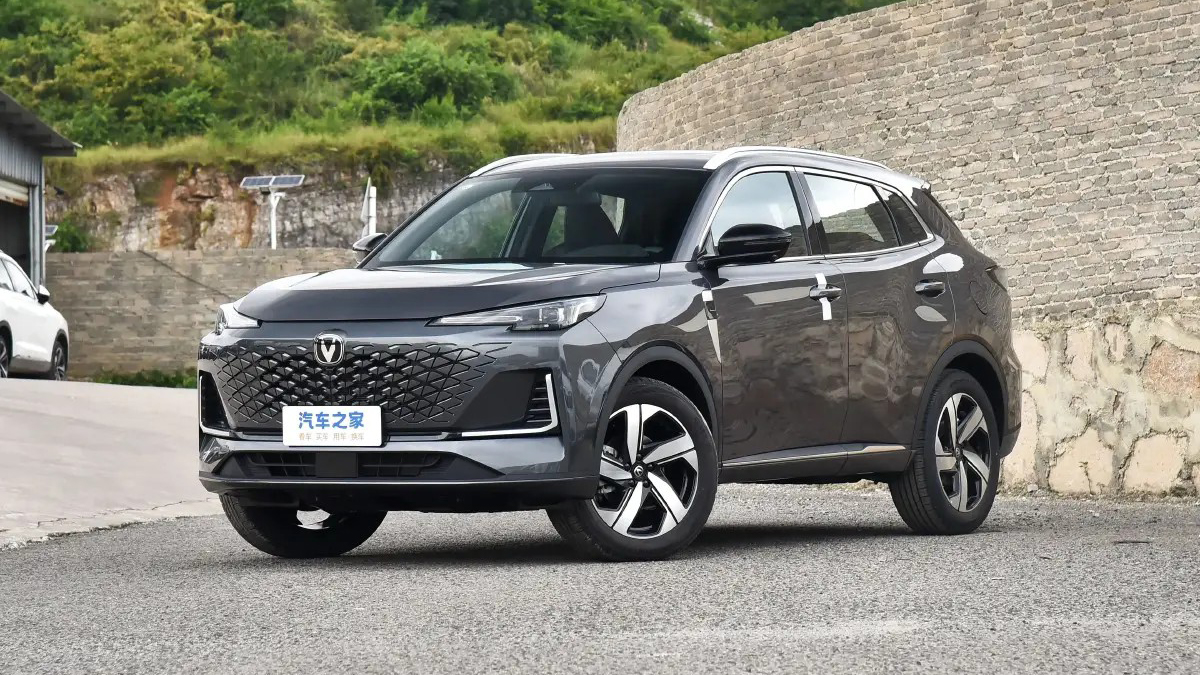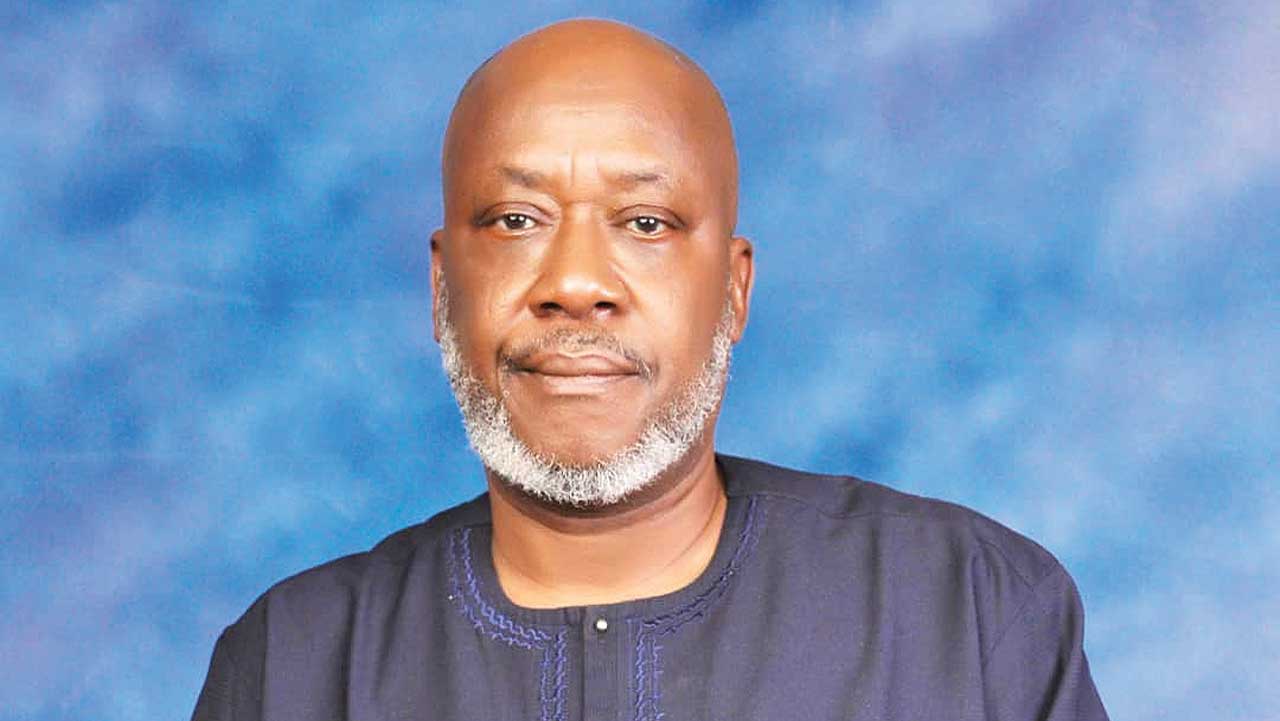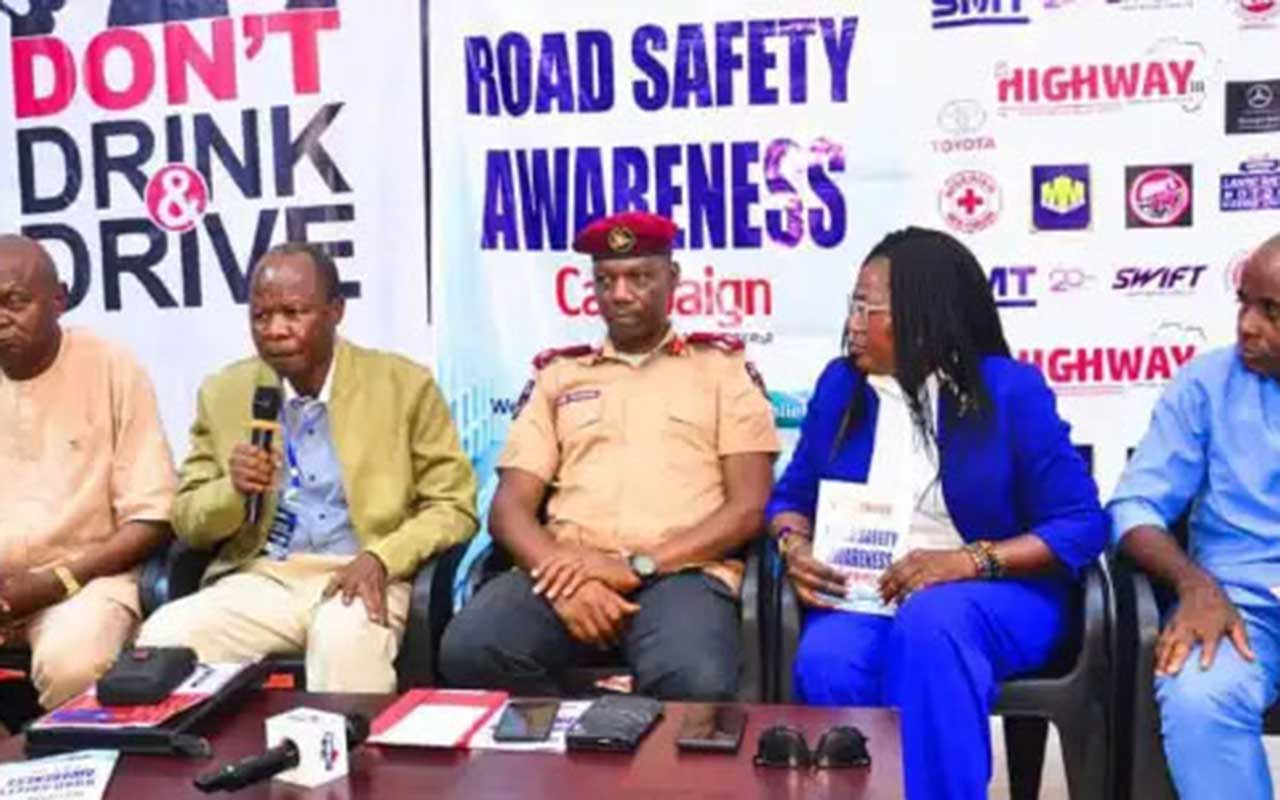 Hio Sola-Usidame is the founder of OnePort365, the first indigenous digital freight forwarding company that built an operating system for cross-border trade in Africa. He spoke to ADAKU ONYENUCHEYA on how the country can resolve challenges in its ports system, as well as freight management.
Hio Sola-Usidame is the founder of OnePort365, the first indigenous digital freight forwarding company that built an operating system for cross-border trade in Africa. He spoke to ADAKU ONYENUCHEYA on how the country can resolve challenges in its ports system, as well as freight management.
Nigeria is far from automating its port processes as manual procedures are still being deployed. How can this issue be addressed to make our ports efficient?
Nigeria needs a stakeholders’ forum where everybody has to play a part. That’s the reality of it. Everybody is trying to play a part individually, rather than collectively. At times, something is solved and then something else happens, somewhere. About the Customs issue – you are probably aware that APMT started using scanners last month and everybody was excited. But now, the scanner has come in, and a lot of people are crying and shouting that they are having eight days with customs issues.
It’s a case of how does everybody play his or her part in the value chain? How are we basically integrating every single thing to ensure that this system is robust enough to handle it? Because if customs’ system is down, remember we are having the Lekki port, which is expected to be fully operational by the first quarter of 2023, that brings another port into the system and then what you are seeing is potential overload. Now, it’s eight days. So, if Lekki port comes on board, how many days are we looking at in reality?
I think there needs to be a robust approach to the system. If anybody tells you technology will solve the problem 100 per cent, I will say it is a lie. Everybody has to play a part. This means down to the truckers, terminal operators, customs and other regulators – everybody has to agree on standards that we need to operate and we stick to those standards. When the electronic call up system was brought into place, it was enforced to a large extent and it worked. A lot of people were very critical about it not working, but certain things have worked and we have seen the success.
Technology is fantastic and it is a great solution. It will play a massive part in streamlining the system, but everybody also has to come out to make things a lot easier. Now, we already have the dollar situation. A lot of importers are battling with that. We need to come together and agree on certain terms and processes across the board. That is the most critical thing.
One of the challenges in Nigeria is moving containers out of the ports, which has somehow caused congestion. What is the solution to this issue?
We have our data and trucks currently evacuate about 85 per cent of containers from the ports. When badges started, there were expectations of growth, but it keeps fluctuating. Badge evacuation is averagely between 10 and 12 per cent and then the rail service that does 20 containers a day in reality. The trucks are still high in terms of how containers come in and out of the ports. We have systems and data that are constantly looking at the scenario and we are thinking, what is the best mode of either entry and exit of the ports?
Earlier, Truck Transit Park (TTP) Limited came in, basically using the Lily pond as transit terminal and a couple of other places of transit, which was a fantastic innovation. I must commend the Nigerian Ports Authority (NPA) for coming up with the project as it did some magic.
We saw that some old habits started kicking in, which I am sure you are quite aware of. So, we are constantly using technology and knowing what the situation is now. This is based on daily traffic and congestion reports and we are saying what is the best mode? In the new week are we planning towards focusing a bit more on the badges and all that? For what we do, the rail, unfortunately, cannot provide that volume requirements, because again, 20 containers a day is not significant enough in terms of what we are able to capture in the market. We are hoping the rail can develop further. That will go a long way.
But with the few technologies deployed we still experience some level of corruption. How can we address human interference to eliminate corruption at the ports by both the state and non-state actors?
You can’t run on a 100 per cent tech-driven solution. You still need a bit of human interface and that is the reality. Even in the most advanced ports, at times, it can be less than five per cent. There is still someone behind those systems.
There will still be an element of human interference, but we can significantly reduce that from the current 90 per cent human interference to 40 per cent in the system. On the ease of doing business, obviously, the number of customs’ layers is on the high side. The question is how do we integrate all that to ensure we do not have to go through different commands/units? That is a very critical thing. This is something we need to solve as a country rather than as individuals because we are currently losing a lot of trade to other West African countries and trade is the lifeblood of any economy.
So, if we are losing trade, it means this is obviously affecting the Gross Domestic Product (GDP) of the economy. How do we come together to ensure that this potential barrier that exists is eliminated for the benefit of everybody?
There has to be a collective conversation about everybody involved in the system from the stakeholders to the government down to ports users, terminals operators and everything.
It is no news that Nigeria is losing her trade to neighbouring countries like Ghana. Why is Nigeria not getting it right in its port operations and what is the way out?
It boils down to the stakeholders because most of what you’re saying are regulatory issues, which means somebody just has to make that move? It’s a different ball game if it is a private sector thing. This is a government-led initiative, the private sector can put pressure and obviously we need to put a lot more effort.
Because it is government-led, you really have to make the government understand that it needs to get this single window sorted. Everybody working together would go a long way in improving the system significantly. You mentioned Ghana, I am constantly working in different locations due to our presence in every market and the Ghanaian ports system is fantastic, but they still complain about it. I actually laughed whenever I heard them complain. I do tell them they don’t know what they are enjoying in reality.
In Ghana, you can clear a box in two or three days and that is the standard. They think it can be made faster. The systems are actually quite interactive, so, if there is an issue, the customs will flag it within an hour or less. There is also a system where there is a lot of interaction between the filing officer and the customs officer, who is at the backend. The issues are addressed, unlike a system where the customs puts a hold because there is an issue, and before you get the box released, it is taking four to five days. Then you have another branch of government agency such as the marine police saying there is a hold on that same container. It doesn’t help anybody basically.
In the Nigerian port operations, there are too many layers involved. You can clear with four or five agencies and another agency still holds it. Those are some of the things that we need to eliminate. If we are doing inspections, can everybody just ensure that they are there and all inspections are done at the same time?
From reports released by the NPA, Nigeria is having a steady decline in imports yearly. What is responsible for the drop in volume?
We understand the situation with the dollar right now and it is something we are hoping can improve after the election. But currently, only a restricted number of importers have access to the Central Bank of Nigeria’s (CBN) platform. It means every other person has to depend on the black markets. When you have a dollar hitting N805, then it is a problem. For a producer, you have to see if you can keep producing at this rate and it becomes a challenge.
I am aware of importers who brought in cargoes, they had to abandon them at the ports because even at the freight rate, they couldn’t pay and things have just swung massively against them.
There is cargo diversion to neighbouring ports. Unfortunately, we have quite a number of shutdowns in terms of local producers and those are some of the things affecting the number of containers coming into the country.
Those that are still importing who bring in about 70 containers a month are now bringing in 20 to 30 containers. This is because the purchasing power of the average Nigerian has gone down. We are expecting that there should be a turnaround in the coming year.
What are your expectations from the next administration, for the maritime sector come 2023?
We need to do more on the ease of doing business, as the starting point. Ease of doing business streamlines different things such as port operations, getting the regulators to streamline port processes. The regulators have to work together. We also hope and look forward to an improvement in terms of the economy at large. Local production needs to go back to the numbers we are looking at, which is very critical.
We are also looking at working with other government agencies to drive the implementation of the African Continental Free Trade Agreement (AfCFTA). That is super critical because what that does is that it opens up other economies within Africa. Intra-African trade is the lowest continental trade in the world. Look at the European Union, the numbers are wide. For example, French’s trade with Germany is more than the whole of Africa. But, with AfCFTA coming in, that opens more opportunities and it will go a long way in improving the system.
We are optimistic and hoping that whoever comes in will embrace some of these steps and that will be fantastic to everybody and the economy. We also need to get a ministry of maritime to focus on reviving and building our ports system to be at par with the developed ports around the world.






